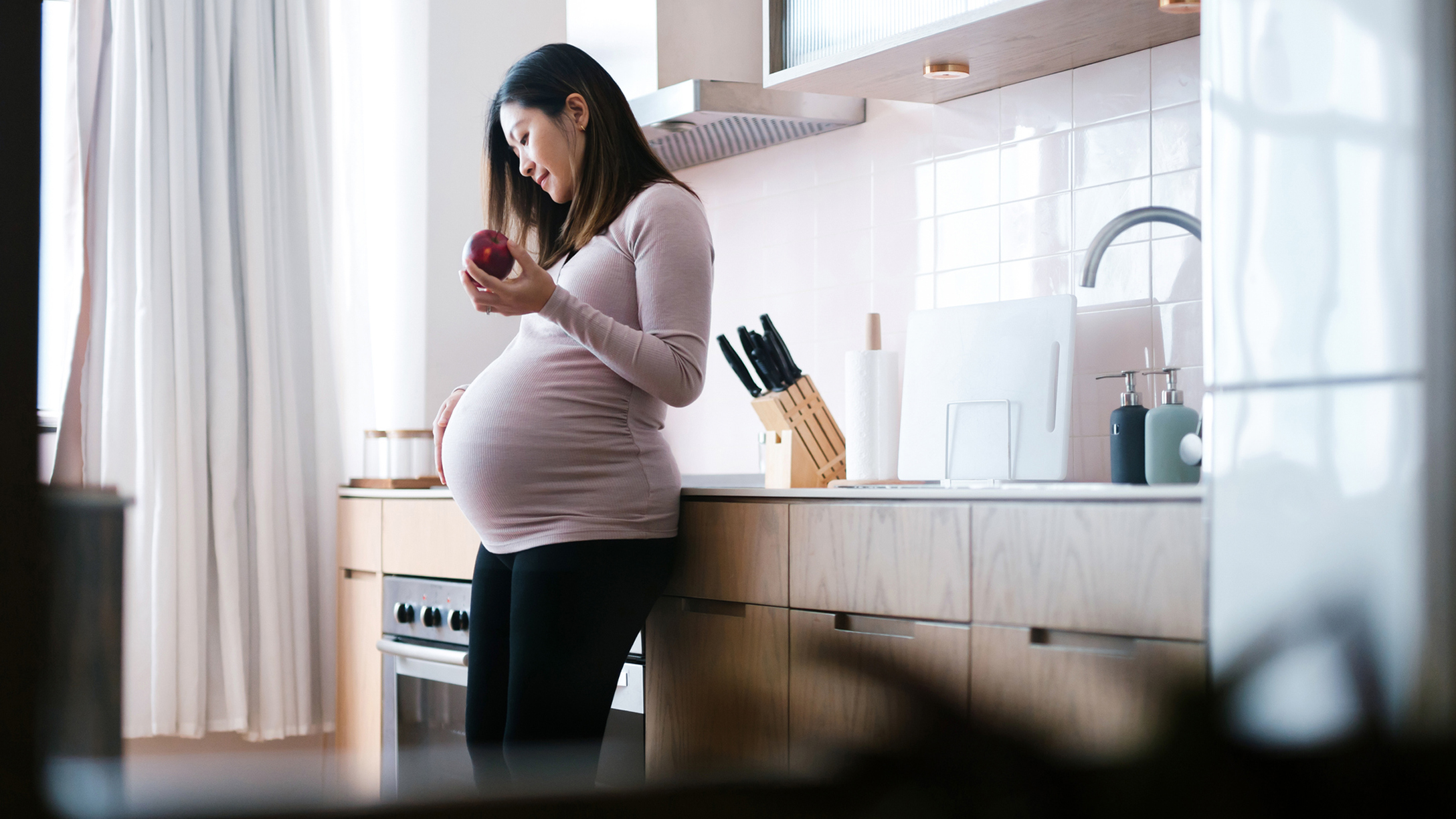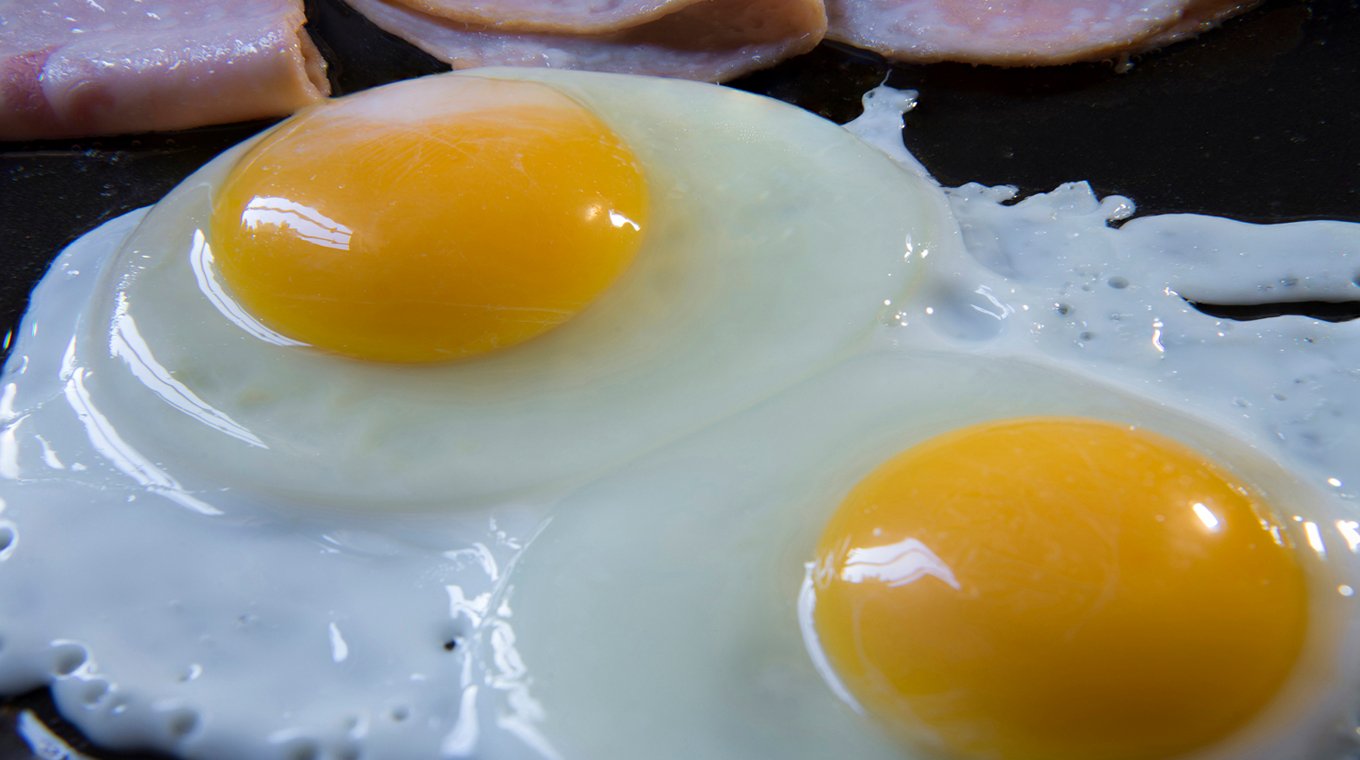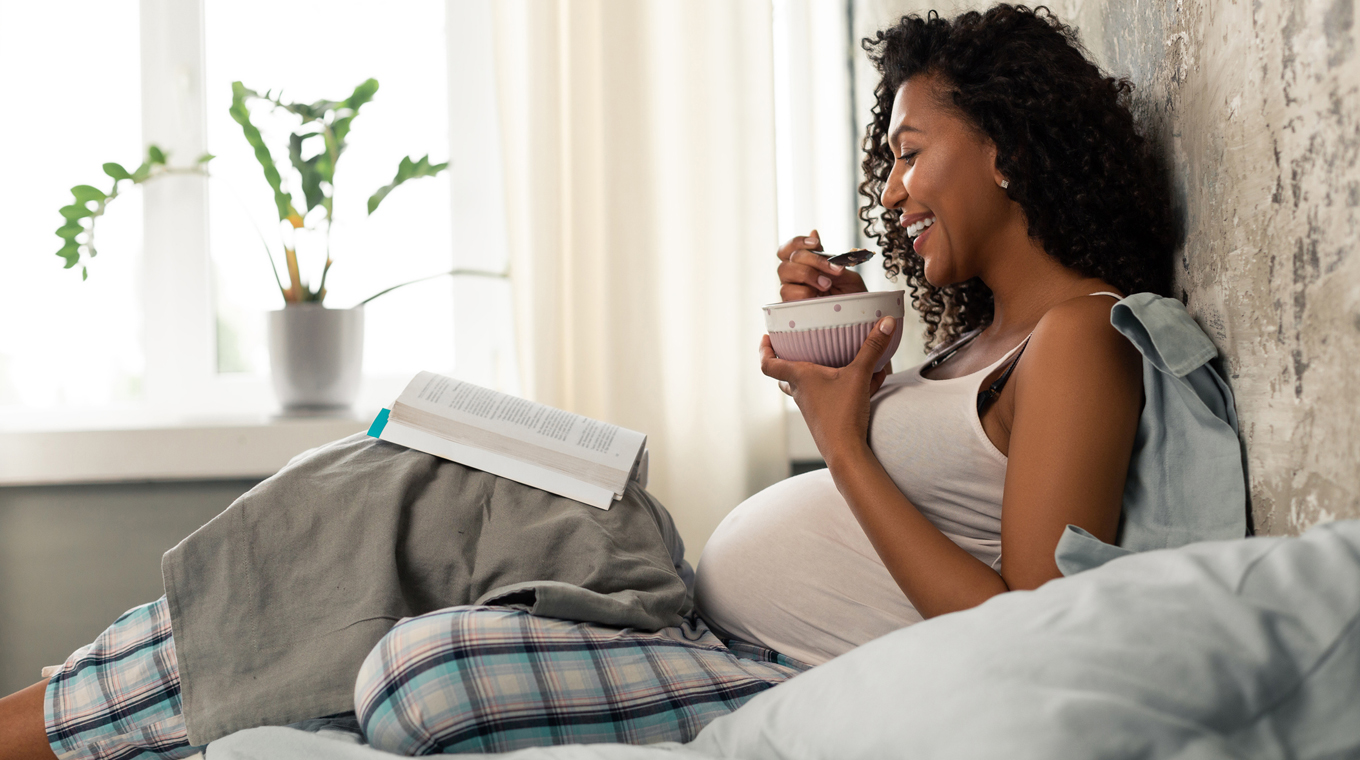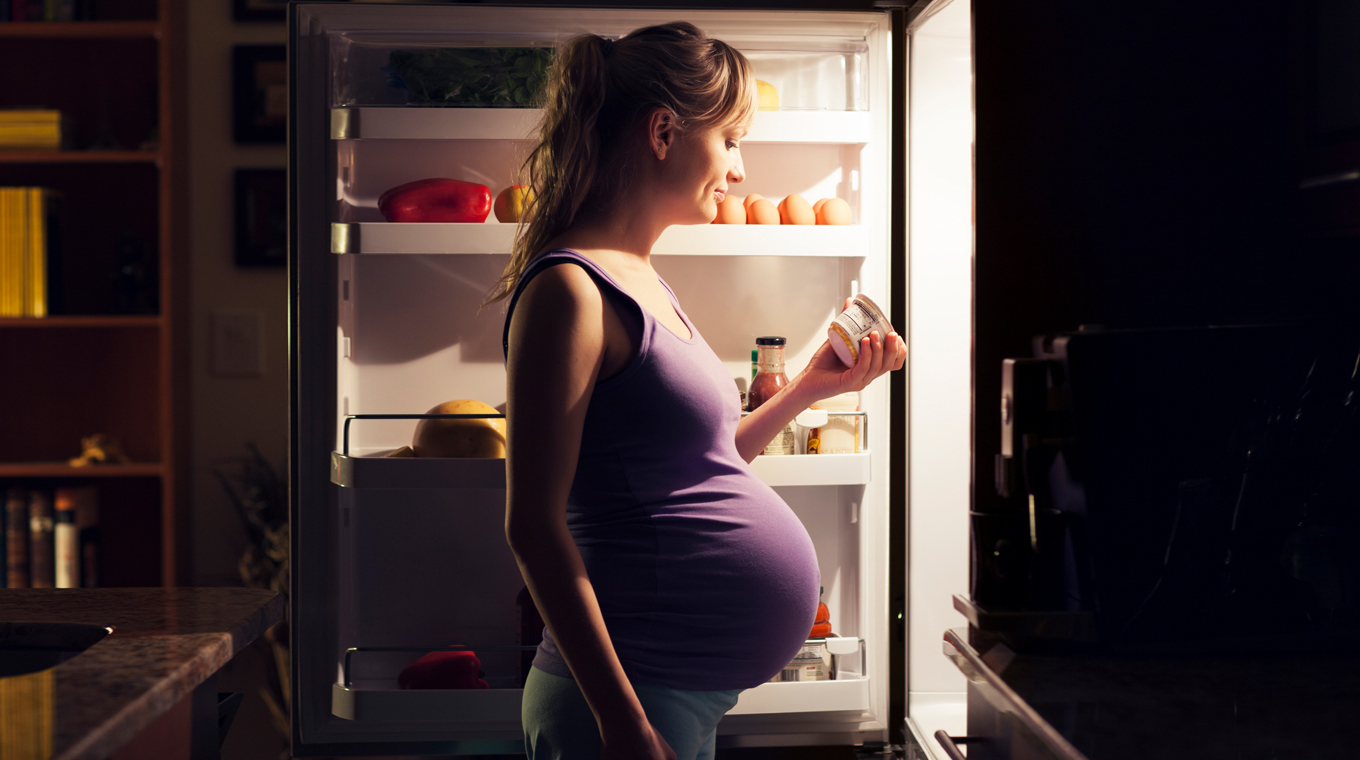
In this article
One of the most widely known facts about being pregnant is that there are certain foods to avoid during pregnancy. To help you navigate this, we rounded up all the information about the foods to steer clear of that may complicate your pregnancy or cause harm to your baby.
When we are pregnant, nearly everything we consume is passed on to our growing baby. Turns out, your immune system is weaker during pregnancy and that means you have more of a chance of getting food poisoning. Food poisoning while pregnant can lead to serious health consequences for your baby, and potentially premature birth, miscarriage and stillbirth. Other bacteria and parasites — like Listeria that can be found in items like hot dogs — can affect your baby even if you don’t feel symptoms.
Other things, such as alcohol, are directly harmful to a baby’s developing brain. Alcohol in the blood goes straight to the baby through the umbilical cord and can cause disabilities, such as fetal alcohol spectrum disorders.
Drinks and foods to avoid during pregnancy

This probably all sounds scary, but you don’t need to overanalyze every bite you put into your mouth and a slip-up is probably going to be fine. “If a patient calls me and says, ‘I had a ham sandwich,’ I try to reassure them that they’re probably O.K.,” Dr. Zoe Kiefer, an ob-gyn at Beth Israel Deaconess Medical Center in Boston, told the New York Times. However, you should call your doctor or go to the hospital if you do feel food poisoning symptoms, like nausea, fever, or vomiting, or preterm labor, like cramping or bleeding.
Here’s a quick list of foods and drinks to avoid during pregnancy:
- Seafood high in mercury, such as bigeye tuna, marlin and swordfish
- Raw or undercooked seafood and meat
- Prepared salads from the deli
- Buffet or picnic food that’s been out for longer than one or two hours
- Refrigerated, uncooked seafood like lox or jerky
- Raw or undercooked eggs, including sauces like mayonnaise
- Refrigerated pates and meat spreads
- Unpasteurized items, like brie cheese and juice
- Lunch meats or dry, uncooked sausages like salami
- Unwashed produce (although fruits and veggies are good to eat!)
- Excess caffeine
- Alcohol
- Herbal tea
- Raw sprouts, like clover and mung bean
Below are some tips for safe eating while pregnant:
- Make sure all meat and seafood (and hot dogs!) are cooked until steaming or opaque in the center, which is around 145 or 165 degrees Fahrenheit.
- Only eat eggs that are cooked until yolks are firm and the whites are opaque.
- If a dish contains eggs, ensure it’s cooked to 160 degrees Fahrenheit.
- When reheating leftovers, cook until steaming.
- Aim for hard cheeses, like parmesan, over softer, more moist cheese like mozzarella.
What are food and pregnancy myths and facts?

Most of us have heard of avoiding coffee and sushi during pregnancy—but just how true is that? We’re debunking some myths around what you can and can’t consume when pregnant.
Myth: You can have a glass of wine every now and then
According to the Centers for Disease Control and Prevention, “there is no known safe amount of alcohol use during pregnancy.” So it might be best to press pause on the alcoholic libations.
Myth: You need to totally avoid sushi
After years of being told you can’t eat sushi while pregnant, it turns out you can, kind of. Pregnant people can eat sushi as long as it’s prepared in a clean environment and not a fish high in mercury. Pregnant people can eat up to three servings a week of shrimp, salmon, catfish and other fatty fish to get those healthy omega-3 fatty acids.
Truth: You can’t drink as much coffee as before
Unfortunately, researchers have not figured out how much caffeine can be consumed to be considered during pregnancy. It’s generally recommended to not consume more than 200 milligrams a day. For reference, one 8-ounce cup of brewed coffee has about 95 milligrams.
Myth: You should avoid consuming peanuts otherwise your baby might have a peanut allergy
In 2008, the American Academy of Pediatrics actually rescinded the old recommendation that pregnant people should avoid eating peanuts in order to prevent peanut allergies in their babies. In fact, consuming nuts has been found to reduce food allergy risk. Go figure.
“I ate almost whatever I wanted,” KA Stehman, mom of a little boy, told Mom.com. “OB said as long as we trusted where we were getting sushi from and not eating it 24/7, it was fine. Also I craved Italian subs so we had it toasted to heat the lunch meats.”
Are all diets considered a healthy pregnancy diet?

- A high-fat diet that’s low on carbs, the ketogenic diet is considered unsafe for pregnant people because the lack of glucose and other nutrients can be harmful to the baby’s development.
- Vegetarian and vegan diets are considered safe for the most part but you should talk to your doctor about consuming more iron, vitamin C, B12 and folic acid.
The safest route — for you and your baby — is to check with your doctor before starting any type of diet, or if you’re unsure about food and drink you’re consuming.




